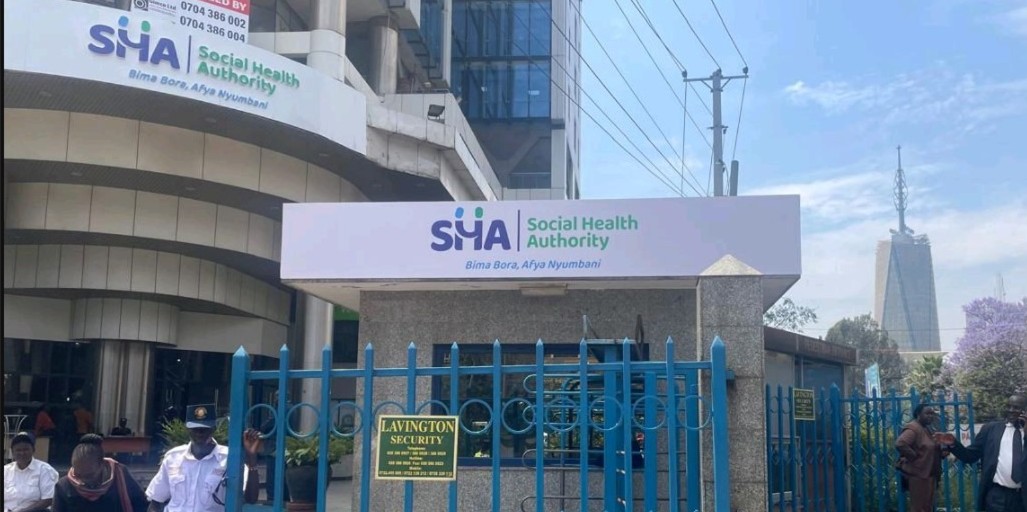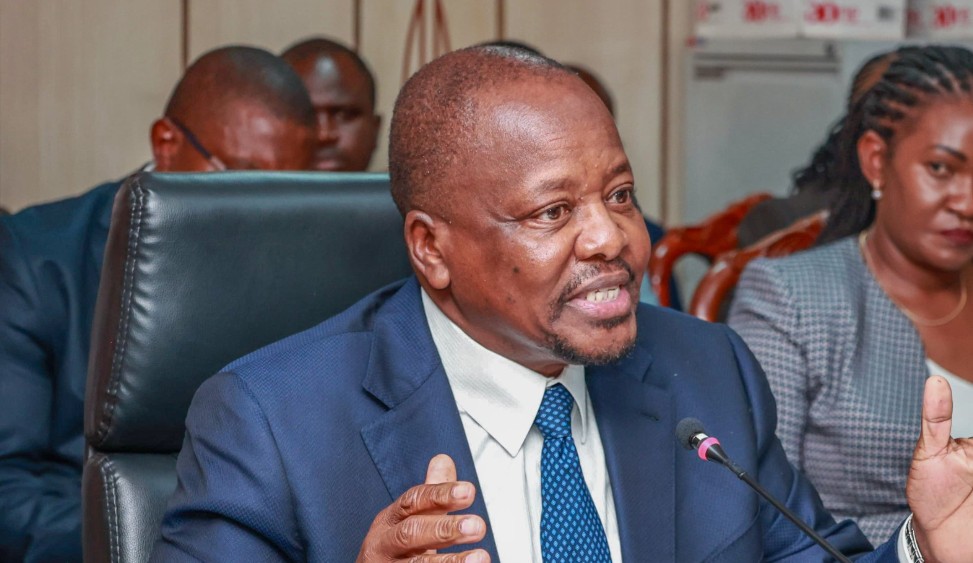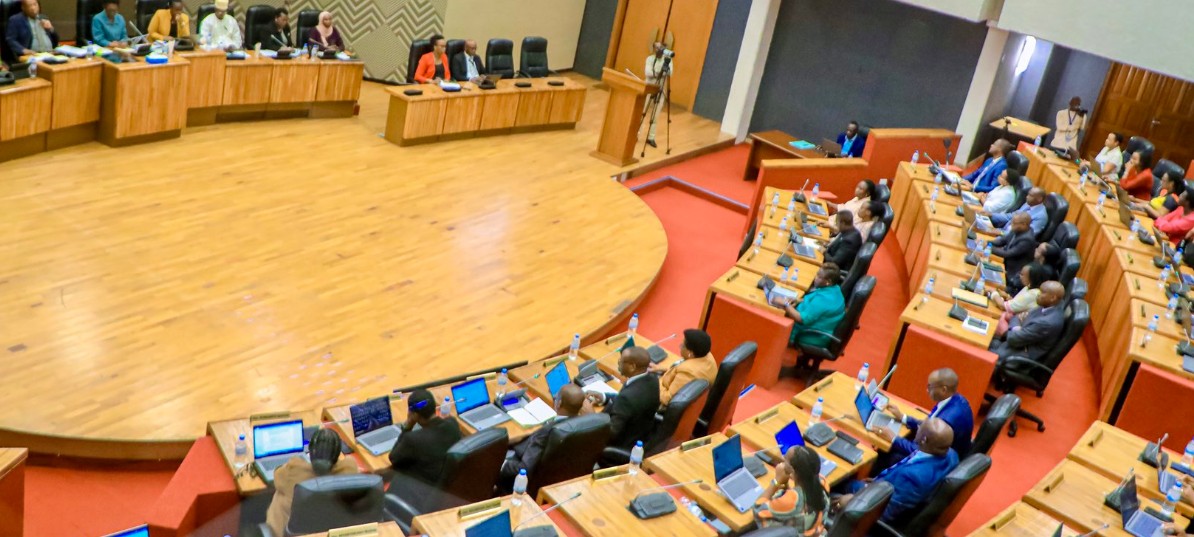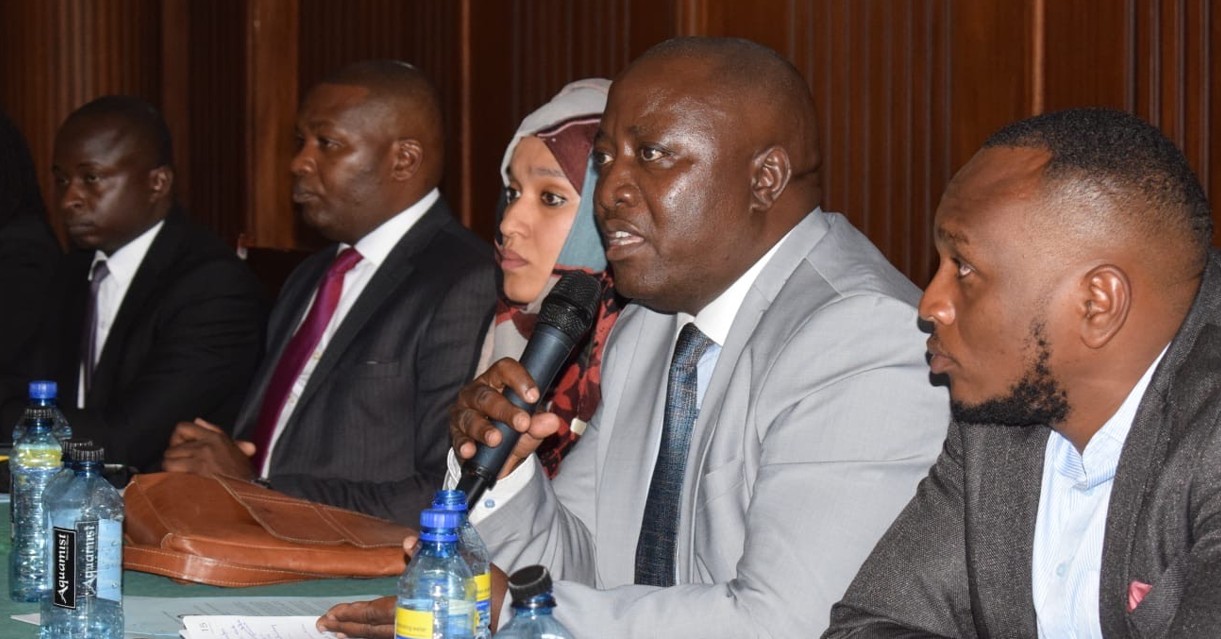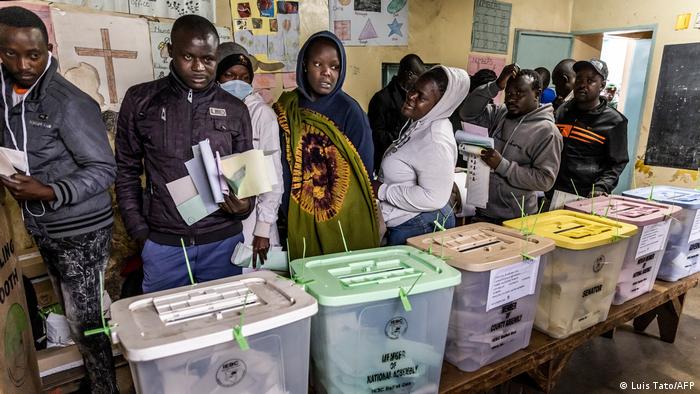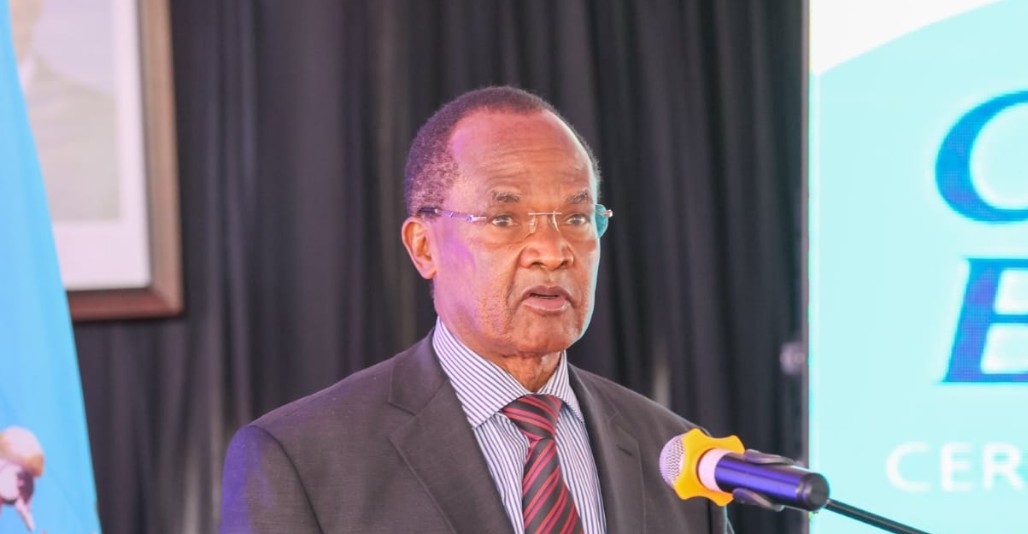Government plans to extend e-Citizen services for 3.5 million Kenyans abroad
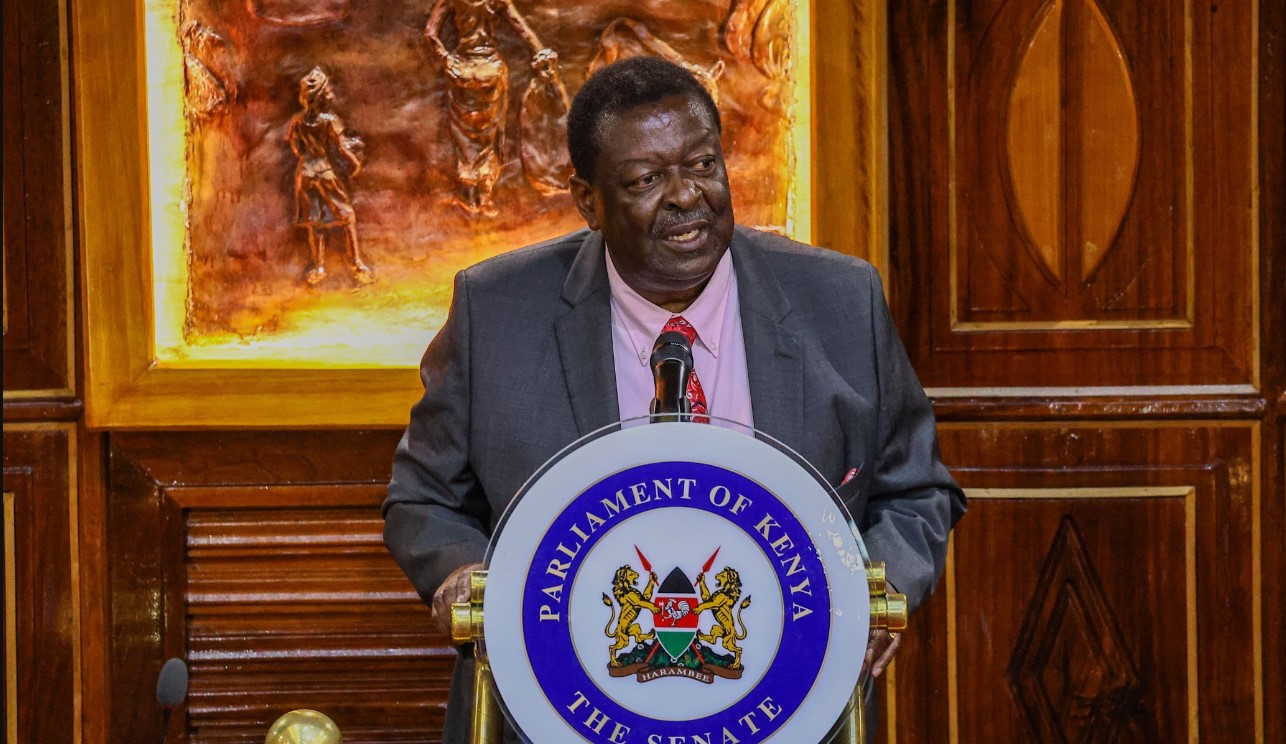
The initiative follows concerns raised by senators about the challenges faced by Kenyans in the diaspora when trying to access government services.
The government has announced plans to expand e-Citizen services to approximately 3.5 million Kenyans living abroad, Prime Cabinet Secretary Musalia Mudavadi has said.
The initiative, revealed during discussions about enhancing consular services, aims to establish a one-stop centre for public services tailored to the needs of the diaspora community.
More To Read
- Church vs State: War of words erupt as Muheria criticises govt’s ‘excessive publicity'
- Treasury declines Mudavadi’s request for Sh2.6 billion budget increase
- Backroom diplomacy as Kenya engages in last-minute lobbying for Raila’s AUC top seat bid
- Audit exposes ethnic imbalance among employees in Prime CS Mudavadi's office
Speaking at a press briefing, Mudavadi, said the development is part of President William Ruto's vision for a more accessible government.
“As we work with other departments, it is something we are trying to enhance, especially around our consular services, so that there is a one-stop centre for services Kenyans require. There are almost 3.5 million Kenyans around the world, with the US having the biggest number,” he said.
The initiative follows concerns raised by senators about the challenges faced by Kenyans in the diaspora when trying to access government services.
Kericho Senator Aaron Cheruiyot noted the disparity in service availability, saying, “Kenyans are able to access thousands of services online through e-Citizen, but such are not available to the diaspora citizens.”
He urged the government to establish a help desk to assist diaspora citizens in accessing online services.
“I want to believe that if his ministry, alongside other State departments like that of Citizen services or immigration, were to set up a help desk across our consular, then citizens will be saved from the troubles of having to travel thousands of kilometres, wasting money and time to access certain critical services,” he said.
Nairobi Senator Edwin Sifuna also raised concerns about the delays in issuing national identity cards to Kenyans residing in the US.
He questioned the government's plans for automating ID processing, which he described as overly manual, requiring citizens to travel across the US for in-person applications.
“The problem in the delays in processing the IDs is because it is a manual process where people have to travel all across the US to the Embassy,” Sifuna said.
Mudavadi acknowledged the challenges in automating these services, citing resource constraints due to budget cuts. However, he reported that consular services managed to process about 2,500 IDs across various cities.
“Automation and technology are things we are pursuing in liaison with immigration to improve the services, but there are delays we hope to navigate going forward,” he said.
He reiterated that resource allocation remains a challenge to ensure seamless operations.
In addition to the e-Citizen expansion, Mudavadi announced that the government is focusing on public-private partnerships (PPPs) to improve healthcare services in Kenya.
He highlighted the significance of collaborating with the private sector to enhance accessibility and quality of healthcare.
“The government remains dedicated to promoting PPPs as a key strategy to drive growth in critical sectors such as healthcare,” he said.
The remarks came after a bilateral meeting with senior officials from GE HealthCare, aimed at discussing the expansion of their partnership, which has been crucial in implementing transformative healthcare initiatives in Kenya.
Mudavadi praised GE HealthCare's contributions, saying it has been a valued and trusted partner of the government of Kenya, playing a pivotal role in transformative initiatives, including the establishment of Kenya's first public-sector comprehensive cancer centre.
CEO for Africa at GE HealthCare Haroun Mohammed, expressed the company's commitment to supporting Kenya's healthcare needs, noting that they aim to continue identifying new opportunities for collaboration to enhance healthcare services in Kenya.
"We are ready to bring innovative solutions, advanced medical technologies, and capacity-building programs to help scale up healthcare delivery in both urban and rural areas,” he said.
Top Stories Today

